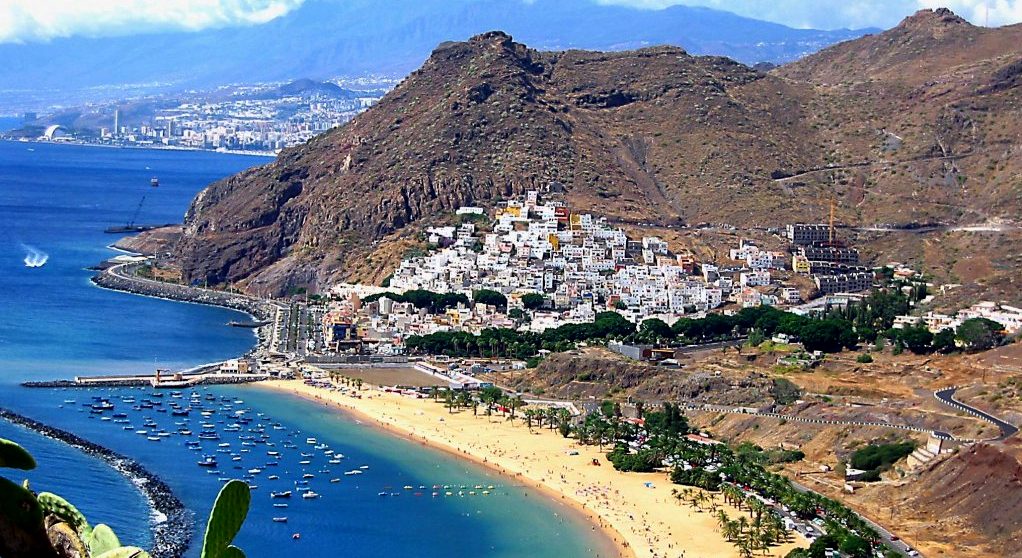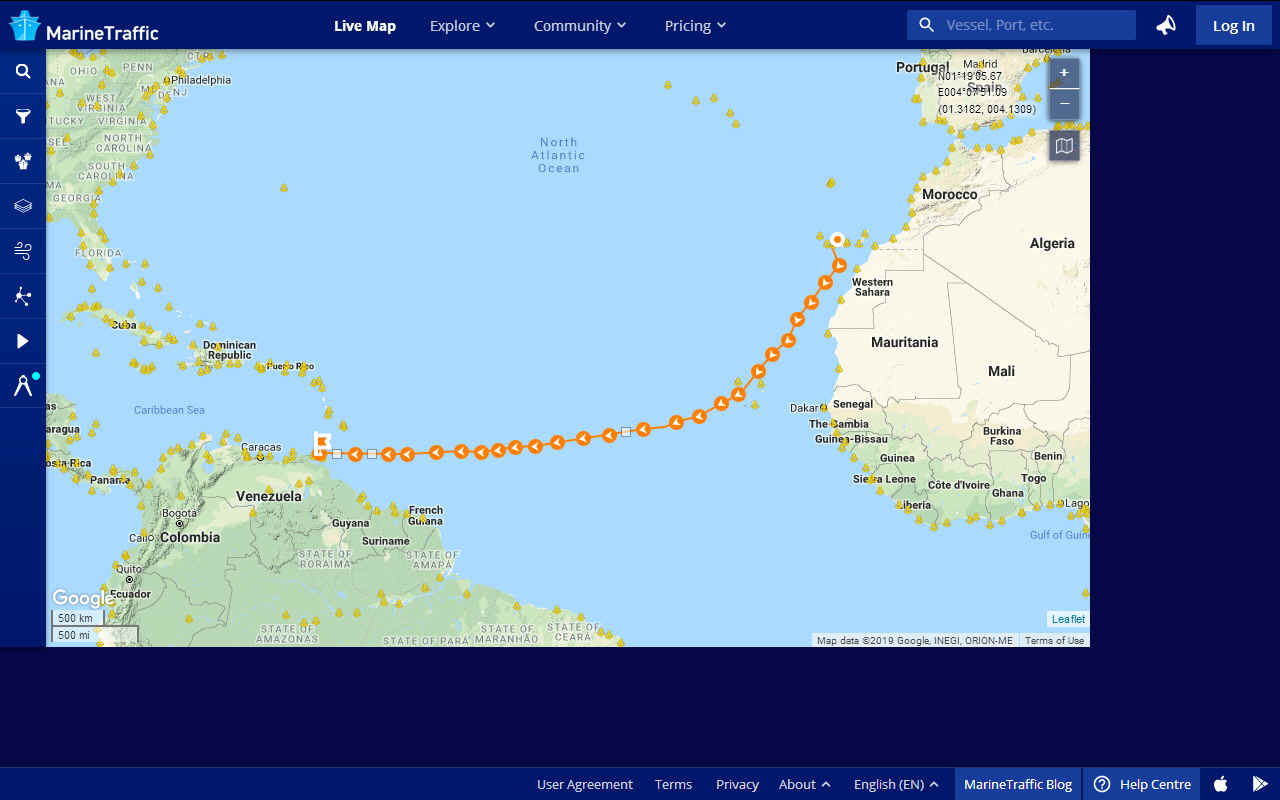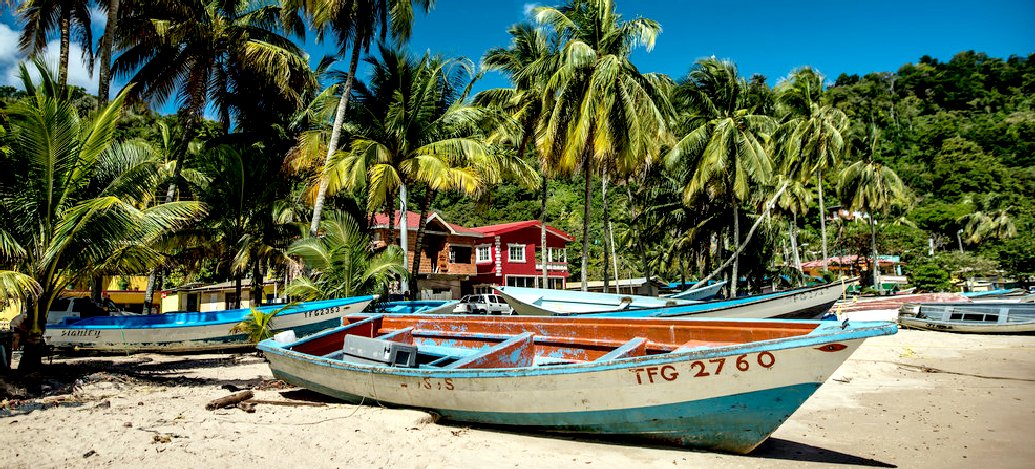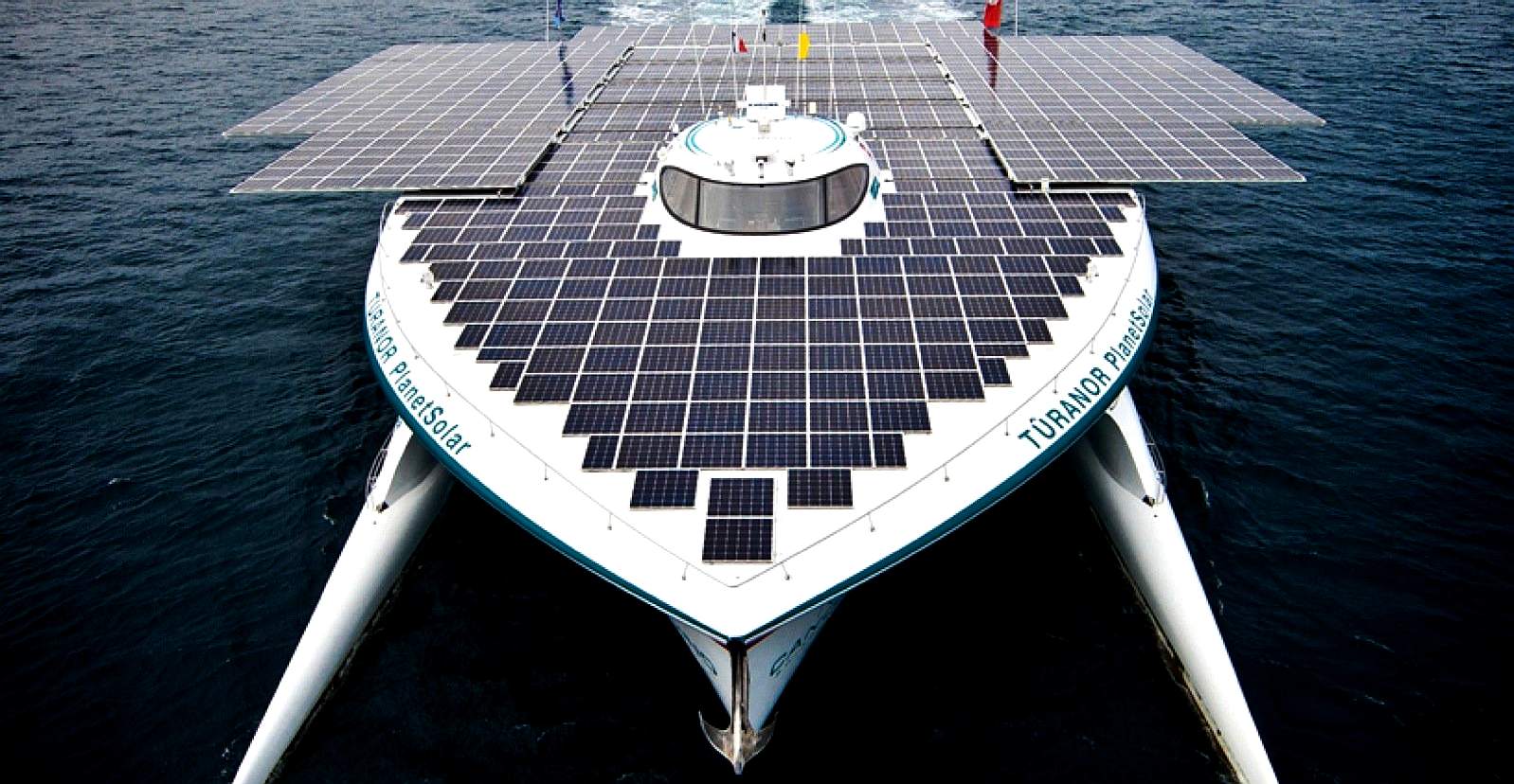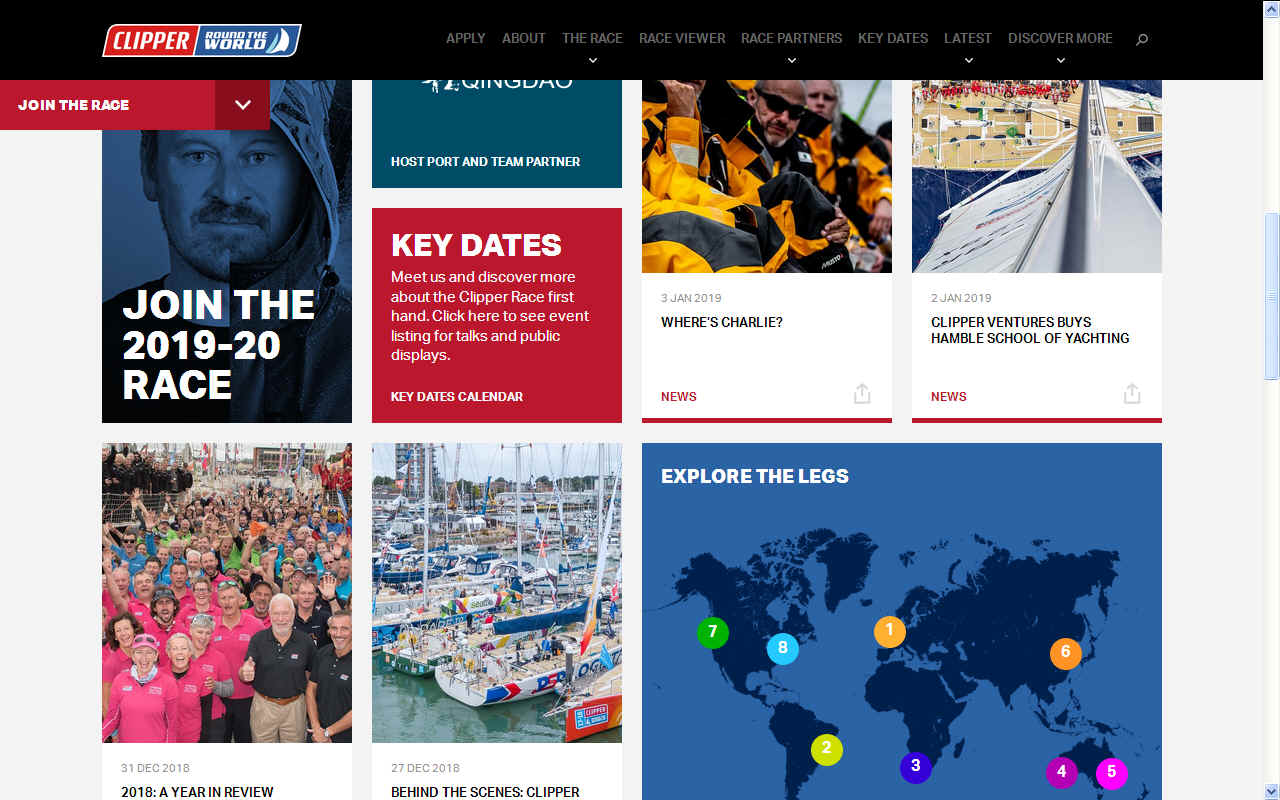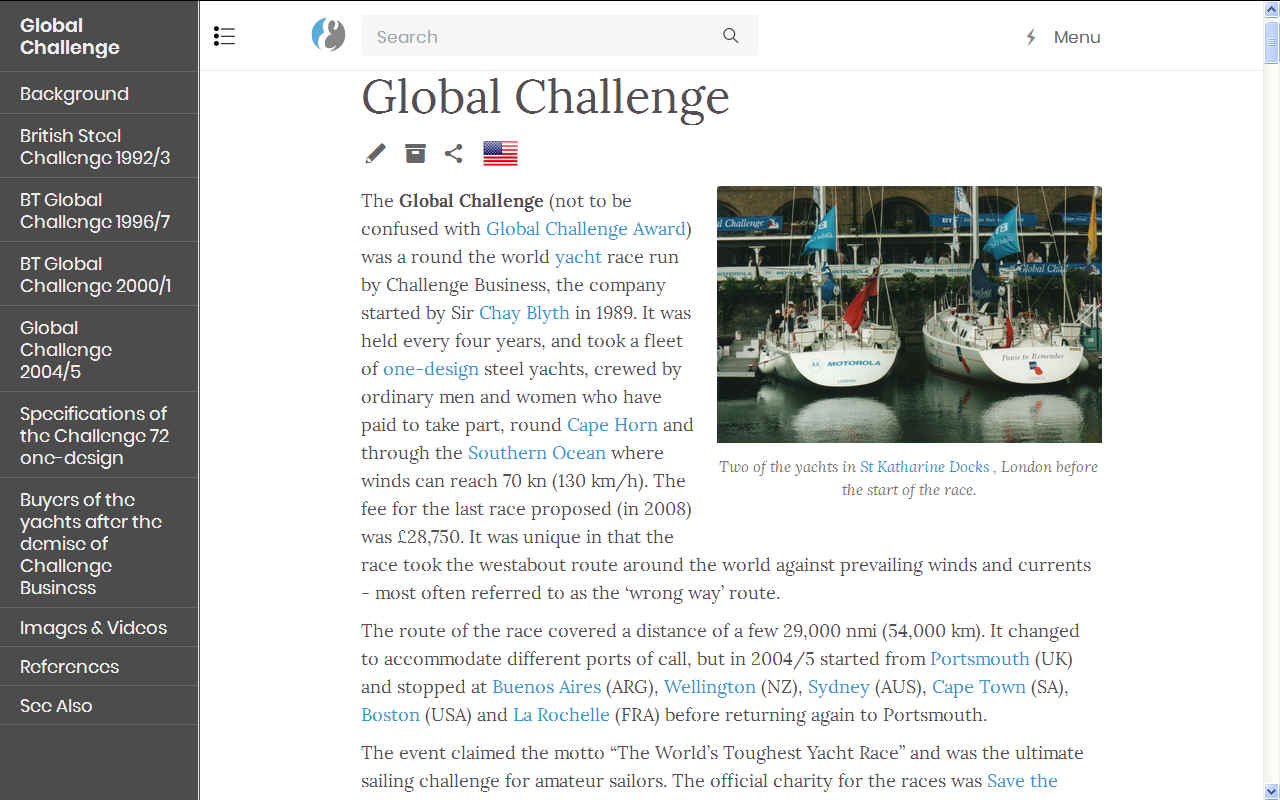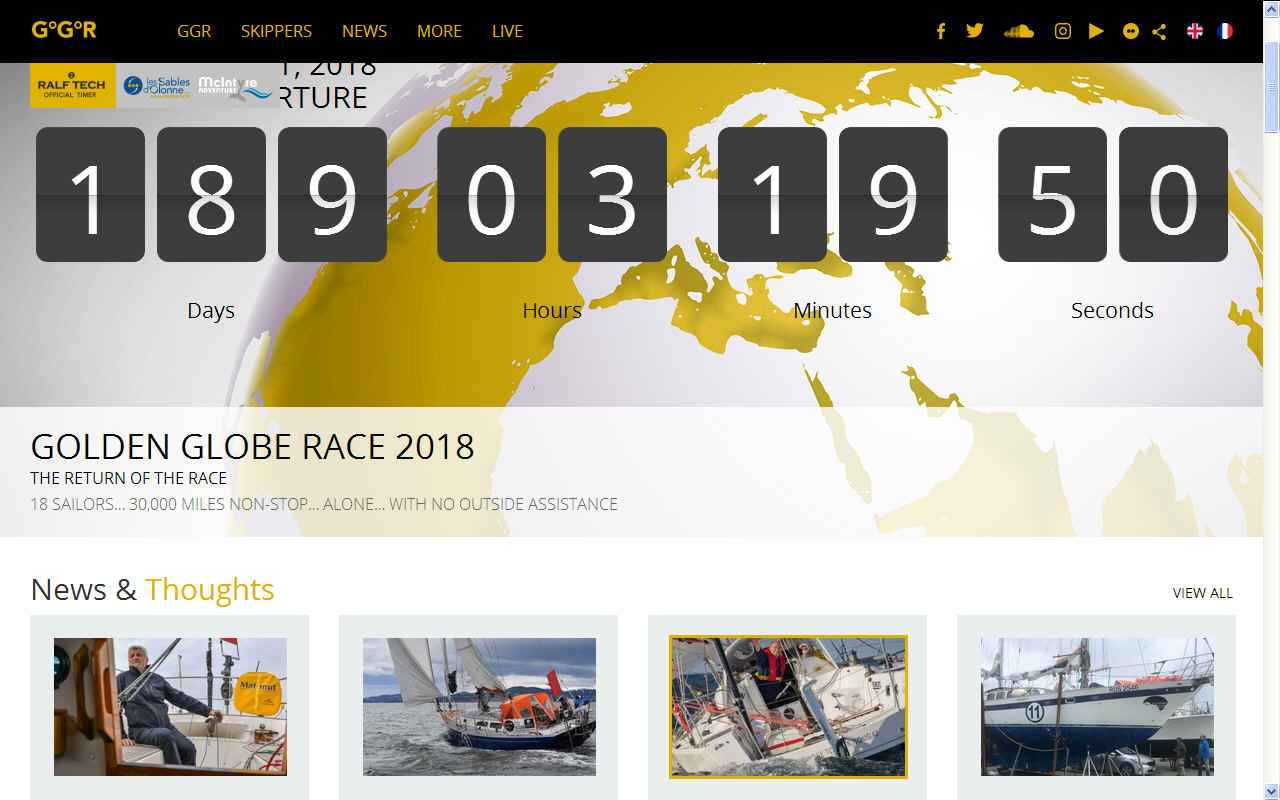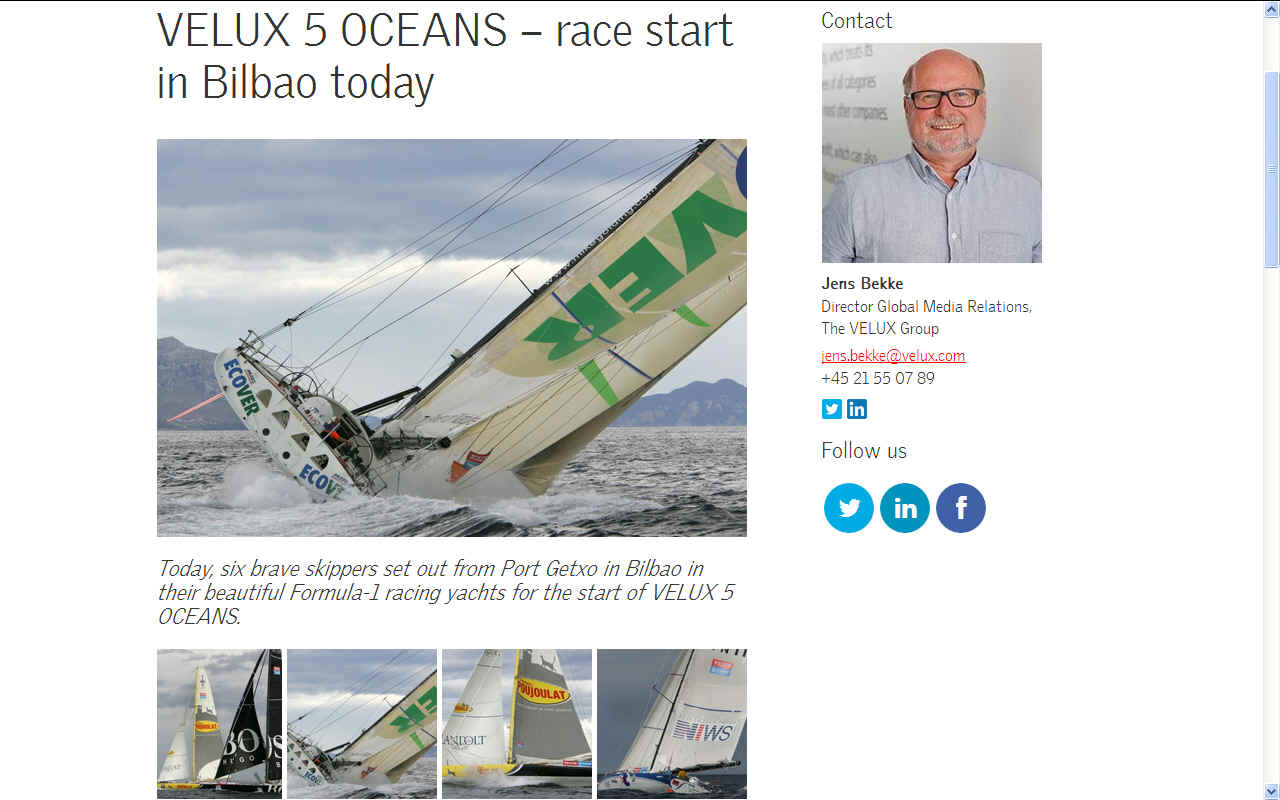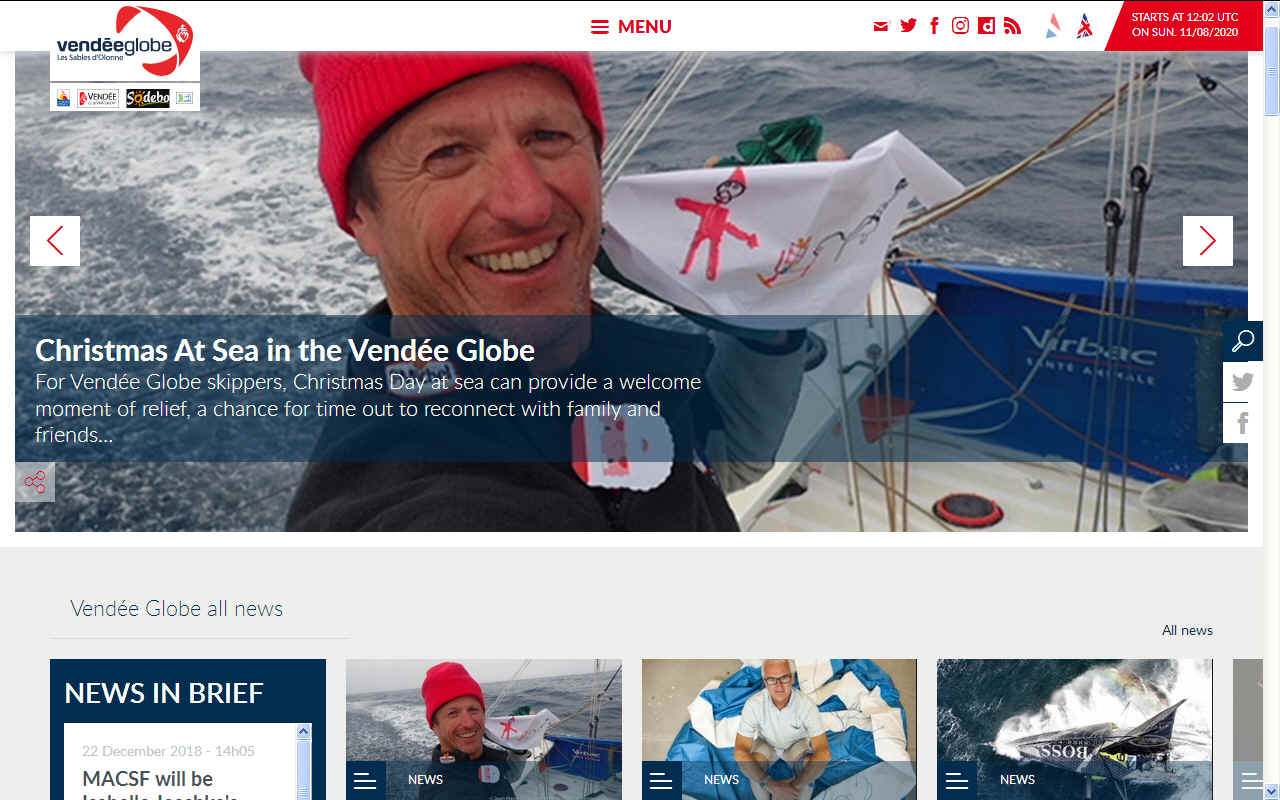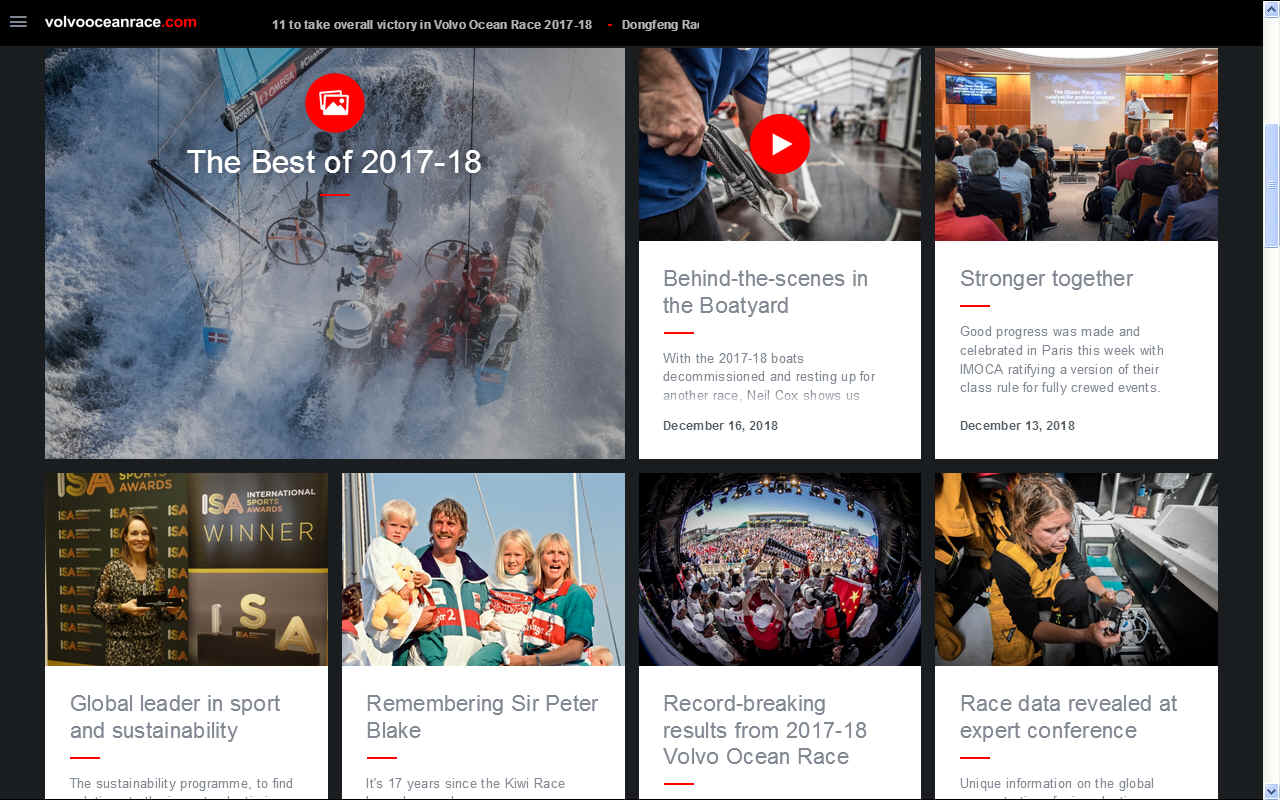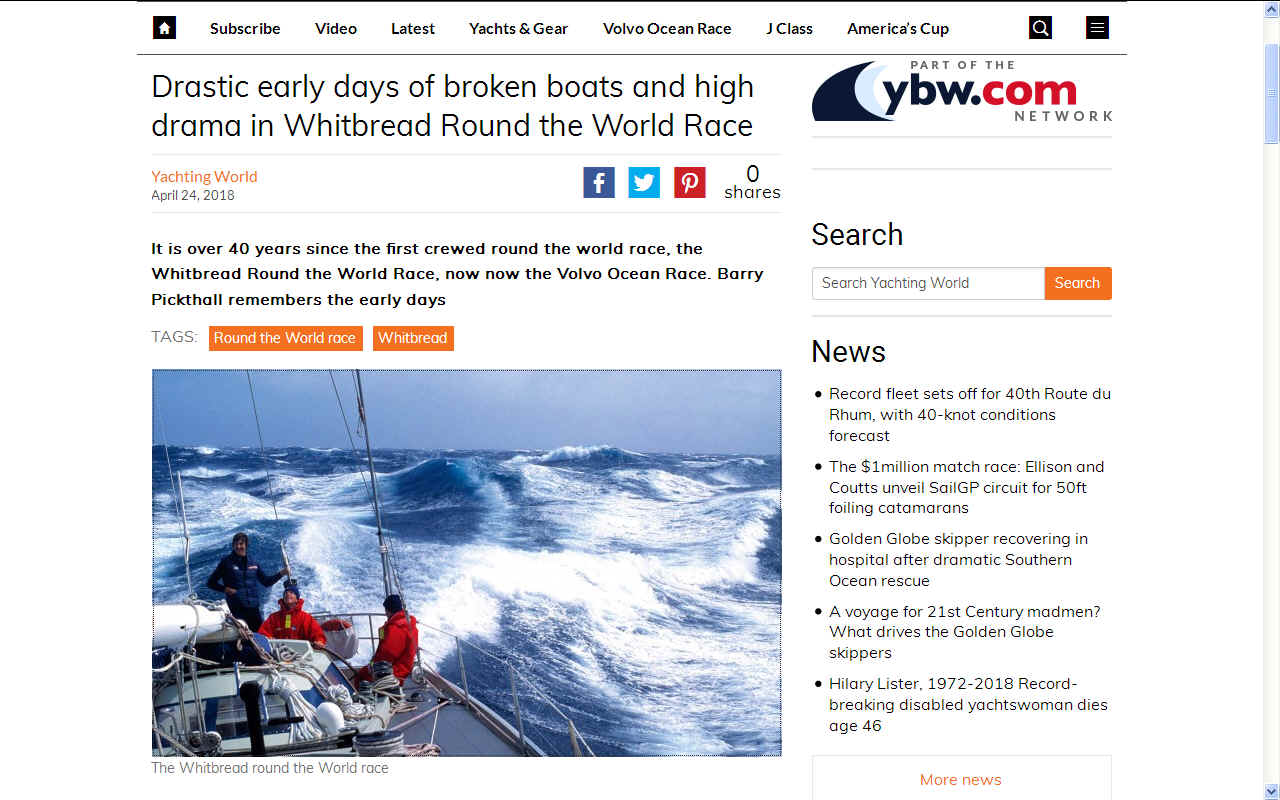|
THE ZEV BLUE RIBBON
BLUE GROWTH - CIRCUMNAVIGATION - CLIMATE CHANGE - CONTACTS - DONATE - FOUNDATION - FUNDING - OCEAN PLASTIC - HOME PLEASE USE OUR A-Z INDEX TO NAVIGATE THIS SITE
Tenerife is the largest and most populated island of the seven Canary Islands. It is also the most populated Spanish island with a land area of 2,034.38 square kilometres (785 sq mi) and 898,680 inhabitants, 43 percent of the total population of the Canary Islands. Tenerife is the largest and most populous island of Macaronesia.
ZERO
CARBON CUP - Where a world circumnavigation will be the
ultimate accolade for any zero carbon boat or ship, the New
Blue Riband is a prestigious navigation challenge in relation
to passenger transport with one eye on beating global warming
- as the long term objective.
The route map below represents a west-about course for a zero carbon Blue Ribbon. The current water speed record to beat is 5.3 knots. An eastward route is also valid, the important component of the challenge is the average speed over the course, rather than the time across the pond.
WESTBOUND - The Blue Ribbon course across the Atlantic Ocean from the Canary Islands to Trinidad, West Indies.
Trinidad is the larger and more populous of the two major islands of Trinidad and Tobago. The island lies 11 km (6.8 mi) off the northeastern coast of Venezuela and sits on the continental shelf of South America. Though geographically part of the South American continent, from a socio-economic standpoint it is often referred to as the southernmost island in the Caribbean. With an area of 4,768 km2 (1,841 sq mi), it is also the fifth largest in the West Indies.
RECORD HOLDER - In 2013 the at the MS Tūranor PlanetSolar crossed the Atlantic westbound at a speed of 5.3 knots. This is the fastest modern zero carbon ransit in modern times, heading for the Guinness Book of World Records. The project was mostly financed by Immo Stroeher. PlanetSolar, was (@ 2019) the largest solar-powered catamaran in the world. The boat was powered only by solar panels and was the first electric boat to sail around the world using only energy from nature.
CLIMATE CHANGER - The above table illustrates one of the most likely ocean awareness expedition routes, known as the 'Sunshine Route,' showing the time elapsed in days for 7 knots average cruising speed, including times for 5 and 6 knot averages - allowing for 10% downtime and 36 days in ports. Hence, although the objective is to reduce the current solar circumnavigation record from 584 days, the event in not an outright non-stop yacht competition in the offshore racing sense. It remains to be seen how accurate such a prediction might be. In this table we only allowed 36 days for provisioning and PR but added a 10% contingency for servicing, that could be used for additional time in ports. As a Climate Changing event, performance is one of the main criteria, especially concerning the possibilities for a transition to low carbon shipping and the contribution this might make in combating global warming.
LINKS & REFERENCE
https://www.
This website is provided on a free basis as a public information service. Copyright © Cleaner Oceans Foundation Ltd (COFL) (Company No: 4674774) 2019. Solar Studios, BN271RF, United Kingdom. COFL is a charity without share capital.
|
